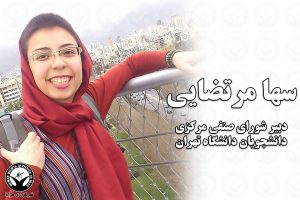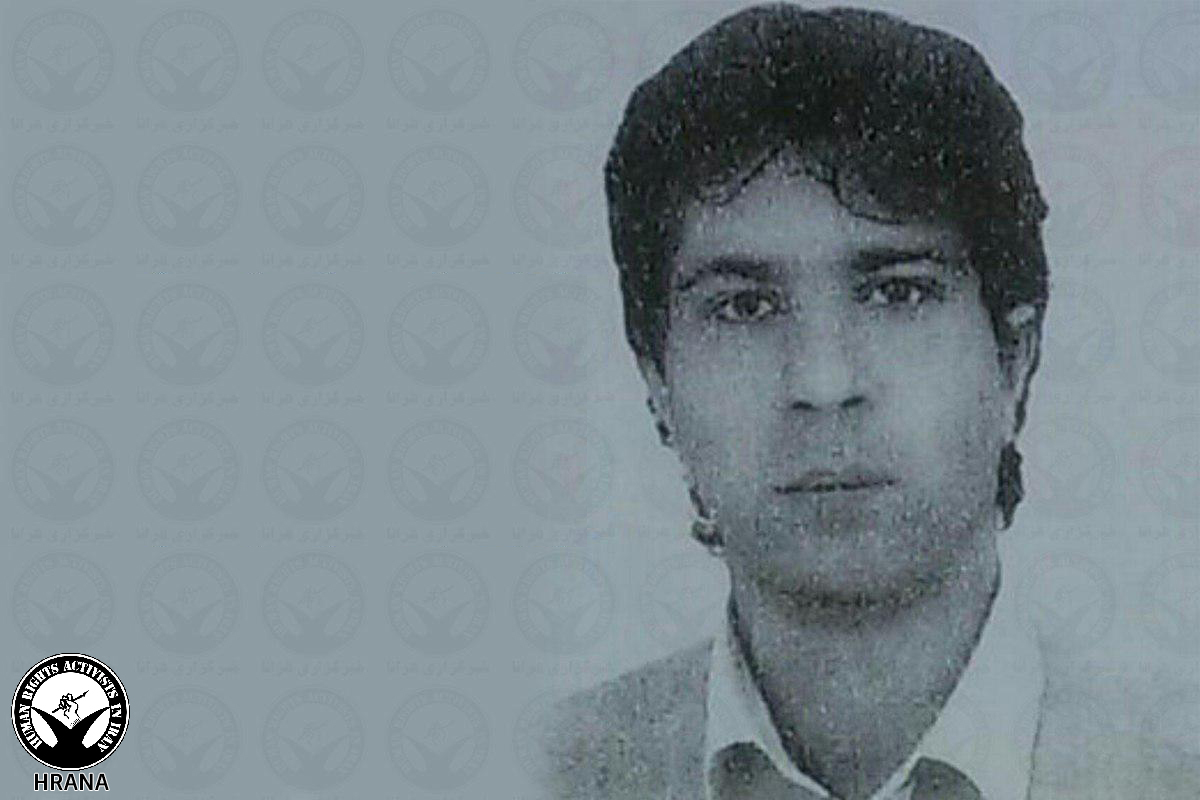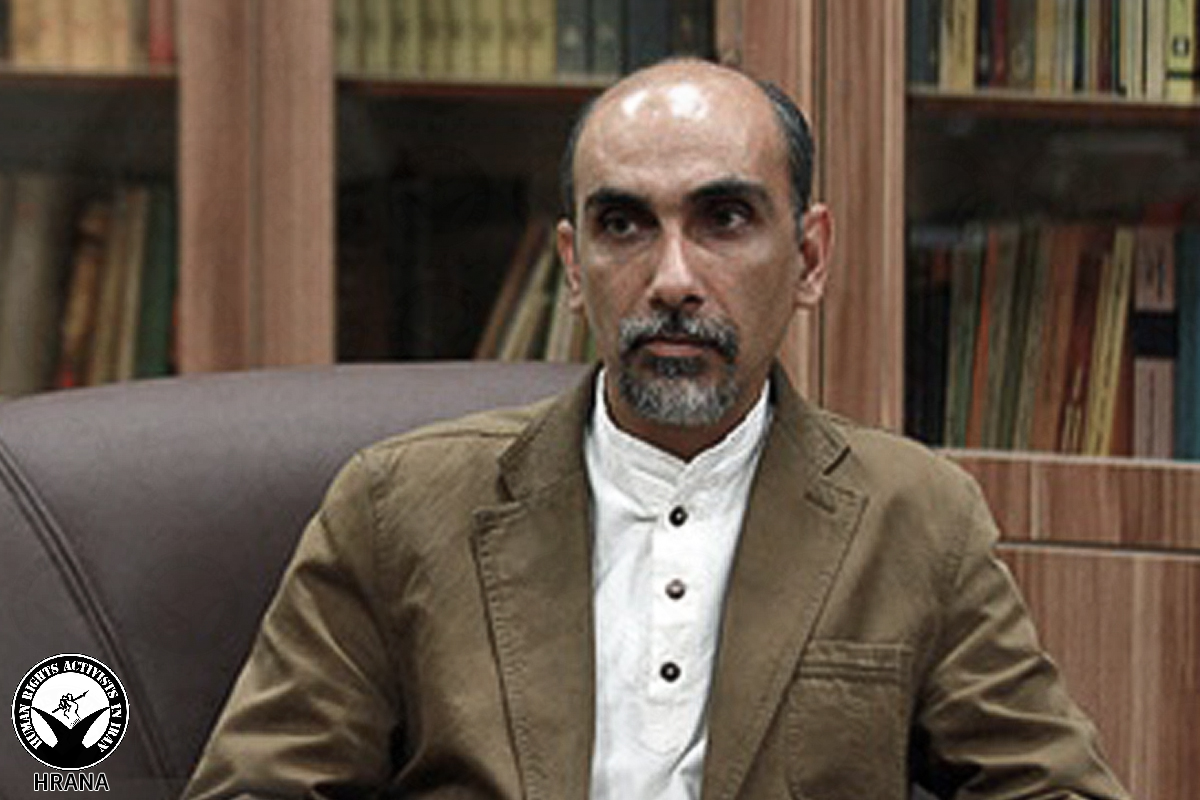Human Rights Activists News Agency (HRANA) – Four more Baha’i youth anticipating results from their national university entrance exam have received notifications of “deficiency” on their application dossiers, deflating their hopes for enrollment this year. But for one of these four–Rajai Shahr prisoner and human rights activist Vahed Kholousi–this rejection has come to symbolize a tradition of resistance.
Kholousi doggedly reapplies to the entrance exam every year from prison, in continued protest of having been denied higher educational opportunity for 15 consecutive test rounds.
It was Kholousi’s peaceful reclamation of Baha’i educational rights that originally brought him into authorities’ crosshairs, resulting in a five-year prison sentence on charges of “gathering and collusion with intent to commit crimes against national security,” “membership and activity in the Baha’i community and its widespread propaganda,” and “membership and activity in the Right to Education Committee.”
The above ruling from his June 2011 trial, held in Branch 28 of the Revolutionary Court, was presided by Judge Moghiseh and later upheld in an appeals court. Pursuant to the sentence, he was summoned to Branch 3 of Evin Prison court that August, arrested there the same day, detained for 21 days in Ward 2A of Evin Prison (jurisdiction of the Islamic Revolutionary Guard Corps (IRGC)), and finally exiled to Rajai Shahr Prison, where he has since remained.
Kholousi is contesting a larger anti-Baha’i discrimination policy administered by the Supreme Council of the Cultural Revolution, by which the e-dossiers of himself, Sahar Mohebpour from Shiraz (ranked # 7000, studying English Literature), Seyed Koosha Hashemi from Shiraz (ranked #6295), and Saba Fazli from Karaj have recently been flagged “deficiency on file,” bringing to 51 the number of Iranian Baha’is being denied college-enrollment eligibility despite successfully passing the national admissions test, according to HRANA cumulative reports.
HRANA previously revealed the identities of 47 Baha’i applicants who were met by the flag “deficiency on file” when checking their test results online:
1. Farhoud Bashi, from Tehran, 2. Sahba Imani, 3.Arman Golzar, 4. Nariman Movafaghi Eiveli from Sari, 5. Faran Talaei Khalajabadi, 6. Sina Talei Joshaghani, 7. Mahsa Sotoudeh, 8. Nima Amini, 9. Hanan Hashemi Dahaj, 10. Hasti Maleki, 11. Aria Ehsani, 12. Tina Hamidi Fard from Tehran (ranked #15000), 13. Rozhan Khooniki (ranked #9477), 14. Foroozan Noordel from Tabriz, 15.Parsa Sheikh Zavareh, 16.Hoda Hedayati, 17.Arian Baghaei Amrei from Sari, 18.Vafa Nobakht from Sari, 19.Adib Rahmani from Sari (ranked #960, studying Mathematics), 20.Parviz Rahmani, 21.Kiana Rastak, 22.Negar Iqani from Shiraz, 23.Hooman Zarei Kadavi, 24.Arsham Hashemi, 25.Nabil Bashi Ardestani, 26. Tara Bahamin, 27.Bita Charkh Zarrin, 28.Nona Ghadiri, 29.Sayeh Aghaei from Tabriz, 30.Pegah Siroosian, 31.Sadaf Misaghi Seysan of Tehran, 32. Parham Mokhtari from Saravan ranked # 397, studying mathematics; 33. Basir Zeinali Baghini from Bandar Abbas ranked # 1506; 34.Yahya Mousavi Tangrizi from Karaj, 35.Anita Rastegar, 36.Shamim Idelkhani, of Ardebil, ranked #139; 37.Farnia Iliyazadeh of Tehran, studying Mathematics; 38.Parmida Hosseinpooli Mamaqani, ranked #4500, studying Mathematics; 39.Sarvin Azarshab of Tehran, studying business,ranked #19000; 40.Parand Misaghi; 41.Shahrzad Tirgar; 42.Melina Ghavaminik, from Tehran, studying mathematics, ranked #10545, 43.Tarannum Mu’tamedi Broujerdi from Shahin Shahr of Isfahan, 44.Faran Abbaspouli Mamaghani from Tehran, 45.Sahand Ghaemifrom Shahin Shahr of Isfahan, 46.Vahid Sadeghi Seysan, 47.Shaghayegh Ghassemi











